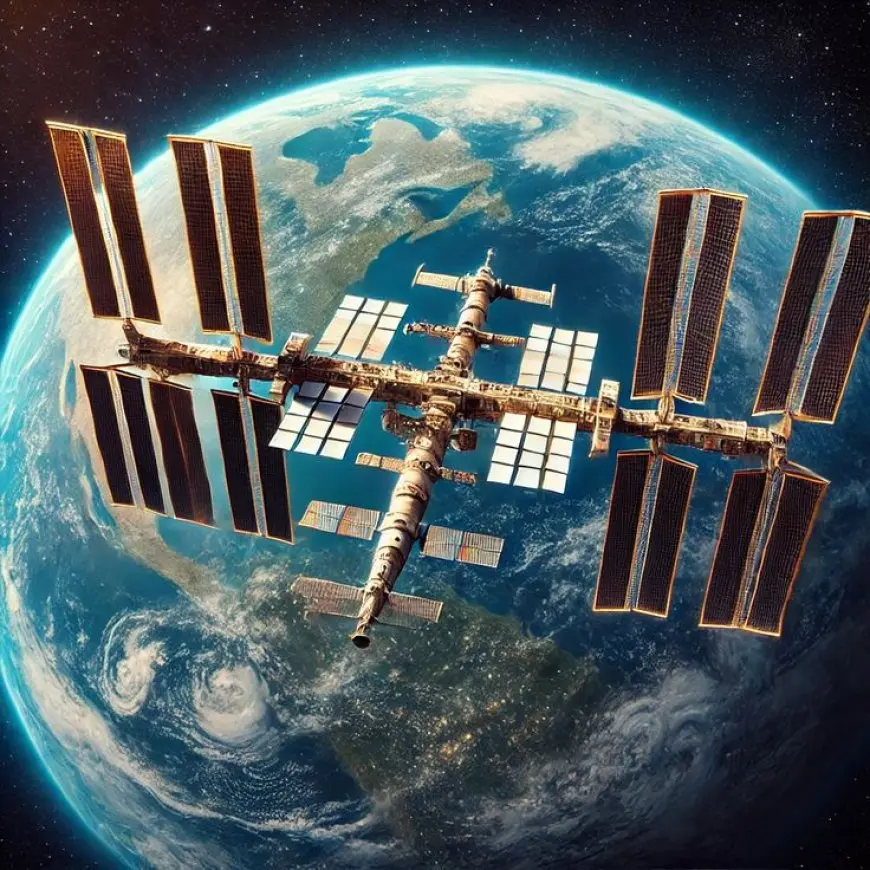The History and Importance of Space Exploration
The History and Importance of Space Exploration

Space exploration is one of humanity's most ambitious and awe-inspiring endeavors. From early observations of the stars to modern missions that reach beyond our solar system, space exploration has been a testament to human curiosity and innovation. It has not only expanded our understanding of the universe but also brought numerous technological and scientific advancements that benefit life on Earth.
Early Observations and the Birth of Astronomy
The roots of space exploration lie in ancient civilizations, where people observed the night sky to track celestial movements. Early astronomers like those in Mesopotamia, Egypt, and Greece charted the stars and planets, laying the groundwork for future exploration. The invention of the telescope marked a major leap forward, allowing scientists like Galileo Galilei to study celestial bodies in detail and confirm that Earth is not the center of the universe.
The Space Age
The mid-twentieth century ushered in the Space Age, driven largely by the geopolitical competition of the Cold War. The launch of the first artificial satellite, Sputnik, by the Soviet Union, marked the beginning of this era. This achievement was soon followed by the United States' response with its own space programs, culminating in the Apollo missions that sent astronauts to the moon.
Landing on the moon was a monumental achievement that demonstrated human ingenuity and opened the door to further exploration. It was a moment that united humanity in awe and showcased the potential of international cooperation in achieving the seemingly impossible.
Advancements in Technology and Science
Space exploration has spurred countless technological innovations that have improved life on Earth. Satellite technology has revolutionized communication, weather forecasting, and navigation. Materials developed for spacecraft have found applications in industries ranging from healthcare to transportation. For example, memory foam and advanced water filtration systems originated as space exploration technologies.
Beyond technological advances, space exploration has expanded our understanding of fundamental scientific questions. Missions to planets, moons, and asteroids have revealed insights about the origins of the solar system, the conditions for life, and the potential for resources beyond Earth.
Exploring Mars and Beyond
In recent decades, Mars has become a primary focus for space exploration. Robotic missions like the rovers Spirit, Opportunity, and Perseverance have studied the Martian surface, searching for signs of water and life. These missions pave the way for potential human exploration of Mars, which is seen as a stepping stone for venturing even further into space.
Beyond Mars, space agencies and private companies are exploring possibilities for missions to asteroids, Jupiter’s moons, and even exoplanets. The development of powerful telescopes has enabled scientists to identify planets outside our solar system, some of which may have conditions suitable for life.
The Role of International Collaboration
Space exploration has increasingly become a collaborative effort among nations. The International Space Station stands as a symbol of this cooperation, bringing together scientists and engineers from around the world to conduct experiments and develop technologies. Joint missions, like those between NASA and the European Space Agency, highlight the potential for global partnerships in addressing challenges and sharing the benefits of space exploration.
Why Space Exploration Matters
Space exploration is about more than just reaching new frontiers; it addresses critical questions about humanity's place in the universe and our future as a species. It inspires generations to pursue careers in science, technology, engineering, and mathematics, driving innovation and progress. Space exploration also holds the potential to solve pressing global issues, such as climate change and resource scarcity, by providing new perspectives and technologies.
Moreover, the search for extraterrestrial life and the possibility of finding habitable planets remind us of the vastness of the cosmos and our interconnectedness as inhabitants of Earth. Space exploration underscores the importance of protecting our planet while exploring opportunities beyond it.
The history of space exploration is a story of human curiosity, resilience, and ambition. From ancient stargazers to modern missions reaching the edges of the solar system, it has transformed our understanding of the universe and our place within it. As technology advances and international collaboration grows, the future of space exploration holds infinite possibilities for discovery and innovation.







